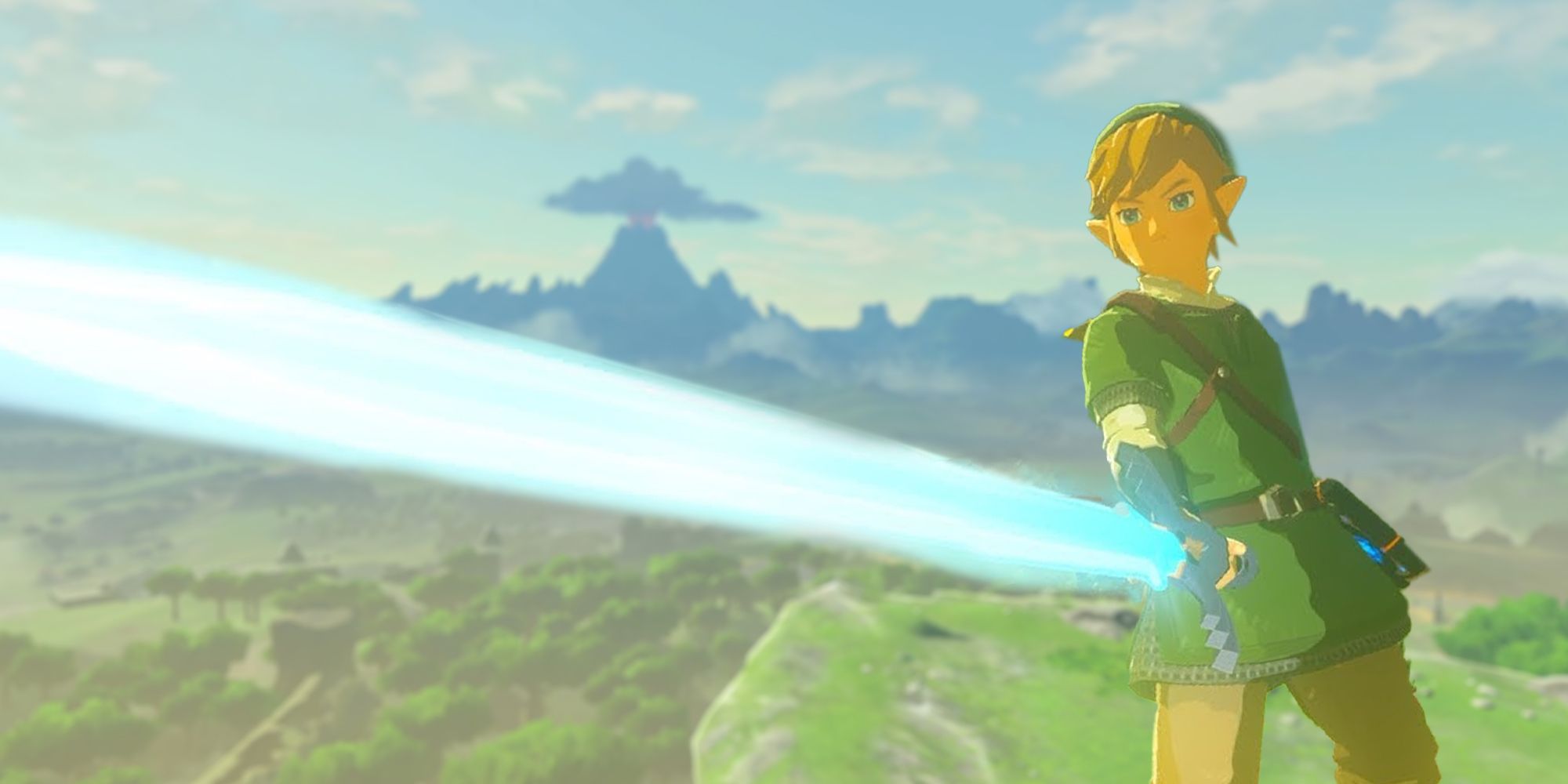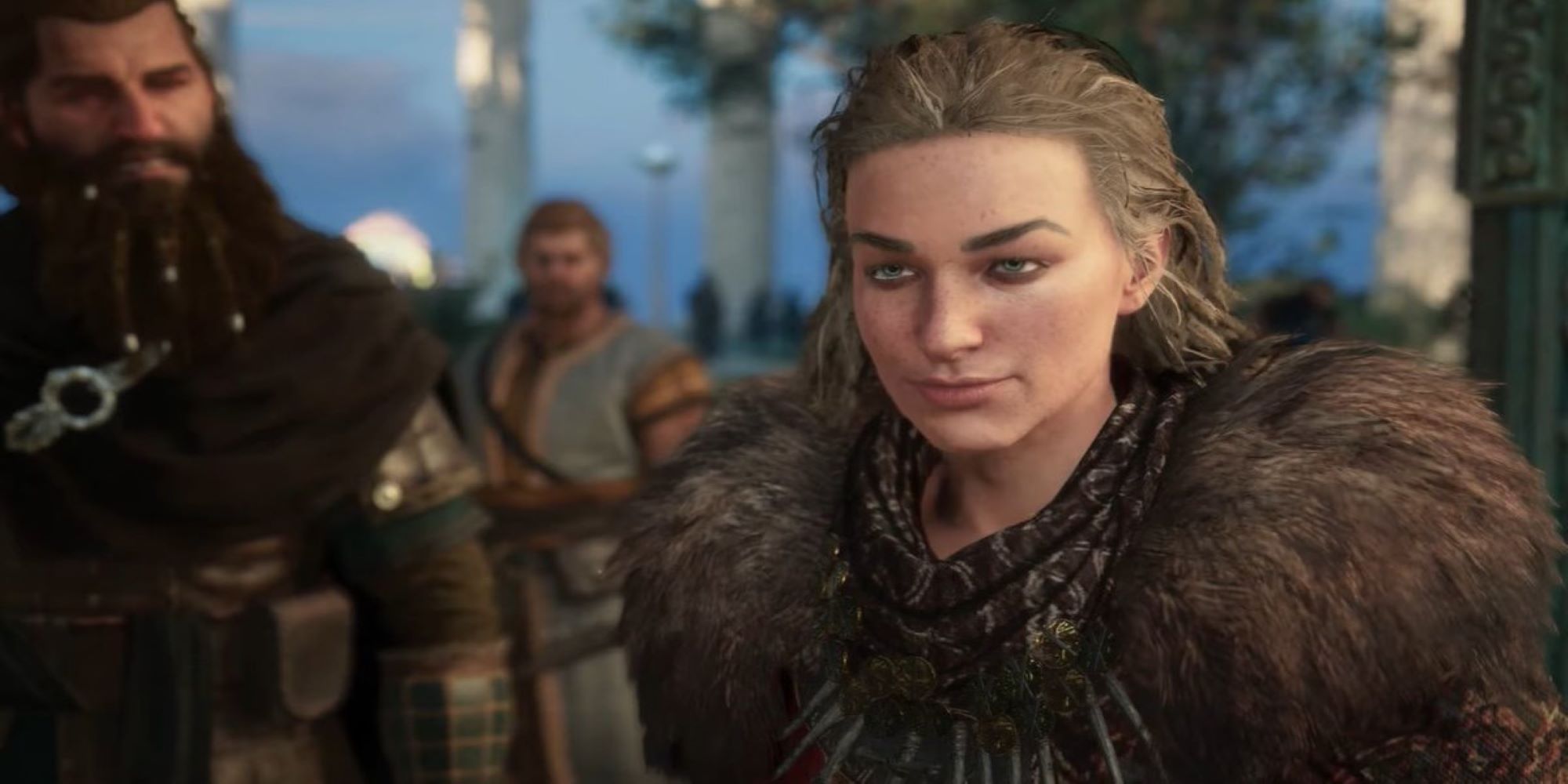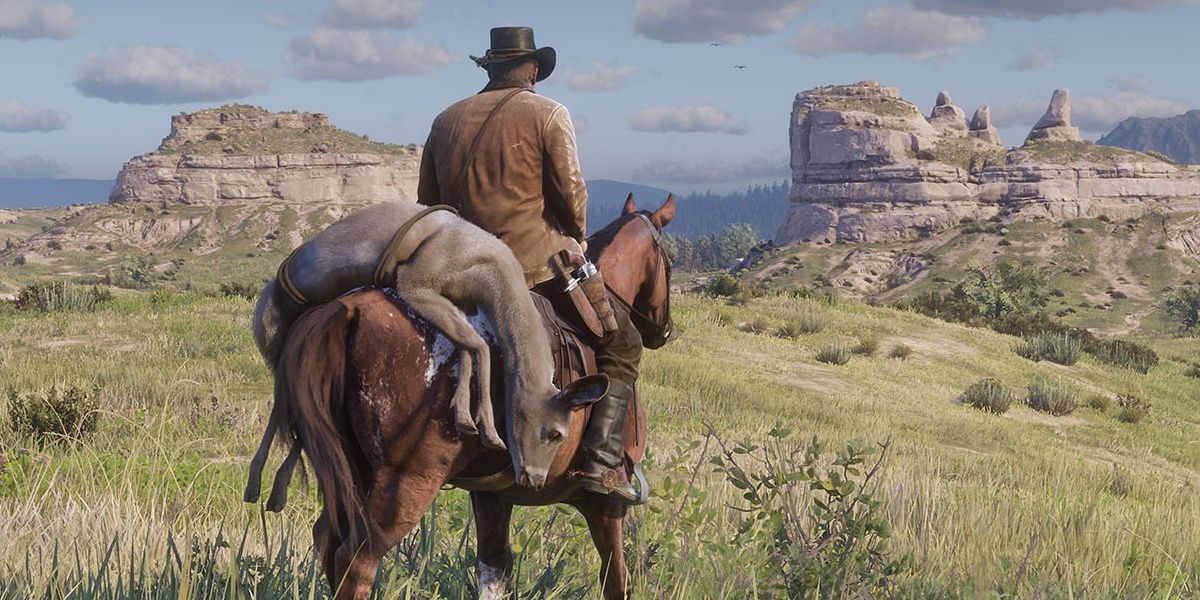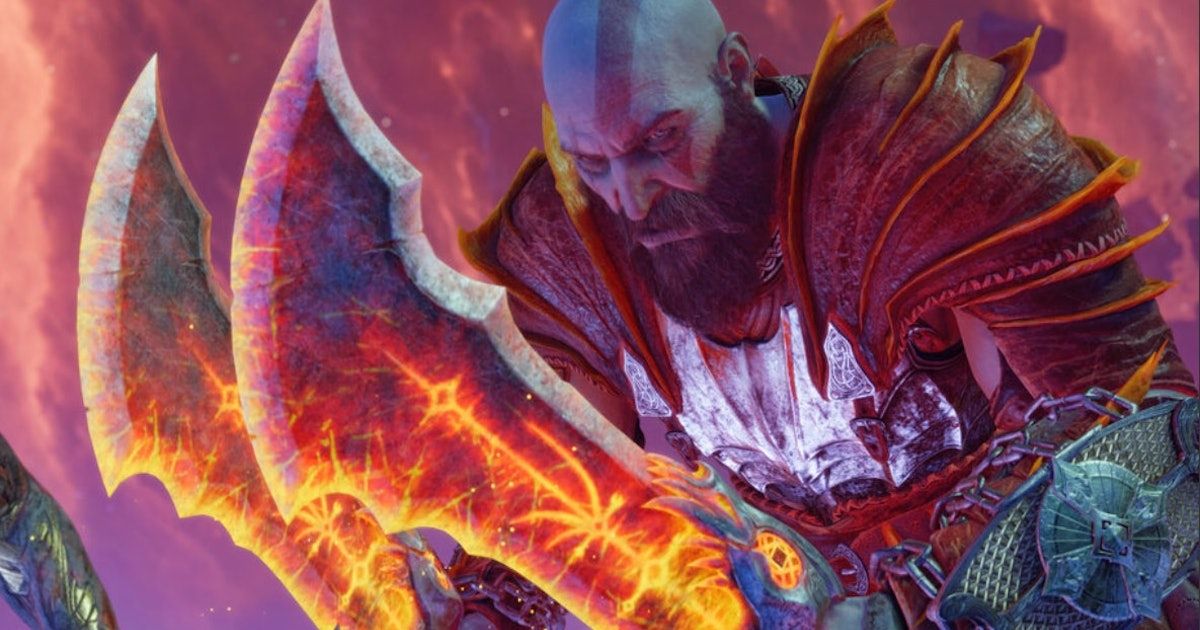It’s difficult to gauge how people feel about open world games these days. For a while now, journalists have felt that gut punch when new games promise over 100 hours of open world action. Deadlines aren’t getting any further away, yet the amount of time we need to invest in a single game to hit embargo keeps getting bigger. Of course, the primary audience is not journalists, but this sentiment has been spreading further recently.
It’s generally agreed amongst both players and journalists that many open world games are bloated, and that bloat is bad. The eye rolls when developers announce their next game is the biggest ever are no longer confined to the press box, you can hear the scratch of those eyes rolling in their sockets all across the gallery. For players who consider gaming their primary hobby, they too have a stack of games they want to get through, and unnecessary padding not only slows them down, it makes each individual experience worse.
The common argument is that you get a bit more bang for your buck. If one game keeps you entertained for 15 hours and another for 50 hours, the 50 hour game is inherently better if you measure games by their ability to fill up time rather than artistic merit. A lot of people, who just play games to unwind and don’t care too much about the rest of the goings on, surely get better value if they can unwind for longer with the same game.
But this bloat has become so dull that games no longer fill this purpose either - I have friends who are casual gamers, three or four games a year types, and they barely play at all now because they don’t have the time for the massive experiences games offer, so they’ve been switched off entirely.
I know journalists have a lot of access to video games which can camouflage our perspective on value. That’s a similar (but different) issue for die-hards who commit to picking up most major video games and carefully utilise various subscriptions to get the best deal. But when even the less active players who are more considerate with their spending don’t see huge runtime as a selling point, it starts to look like a problem.
Here’s the problem though - everything I just wrote is true. But I’m not sure I believe it. That’s a conundrum. Allow me to explain.
There are plenty of examples of games which are ruined by their sprawling size - Assassins Creed Valhalla and Final Fantasy 15 often feel dull and empty, but if things were more compact, their strengths would shine. Likewise, we have games that are great, but ultimately are disrupted by their unruly size that disrupts the pacing, like God of War Ragnarok or Dragon Age Inquisition. But then we have Elden Ring, Breath of the Wild, Red Dead Redemption 2, Skyrim, and GTA 5 which all justify their size, and would be weaker games if you tried to slice areas off the map.
Studios keep pushing games that are bigger than ever because they believe it to be a selling point, and algorithms about hours logged and player retention tells them it’s what people want. Actual players, of all levels of commitment and experience, might say they’re put off by it, but we slog through them anyway and that erroneously leads studios to believe that’s exactly what we want now.
However, the problem is not that games are too big these days. I just listed five near-universally beloved games that we have no issue with. Even if I don’t personally care for Elden Ring, it’s not for the same reason I found Valhalla to be such tough going. We don’t hate big games, we just don’t think every game needs to be big. The Last of Us Part 2 is 25 hours long and that’s perfect - in fact, the common consensus it’s it’s ever so slightly too long.
There’s still a place for huge games that justify the time sink and allow you to immerse yourself, but it should not be the standard. It actively makes the experience of playing many games so much worse, and also means the games themselves are more expensive to produce and take longer. It’s no longer a selling point, even if a spreadsheet suggests we do stick around and push through it. We don’t like it, and over time it sours you on a series. We might see this one through to the bitter end, but then we just won’t buy the next one.
Bigger isn’t always better, but it isn’t always worse either. Games should be as big as they need to be, but too often it seems like a starting point. Developers need a game to be 70 hours long, so they start with that figure and work backwards. As development times soar and costs rise, I’m hopeful we’ll see a return of more curated experiences which can be produced in a shorter space of time and offer a more enjoyable result for players. Either that or games get bigger and bigger forever until there’s just three a year and they all suck but the algorithm says they have great retention. That sounds fun too.




